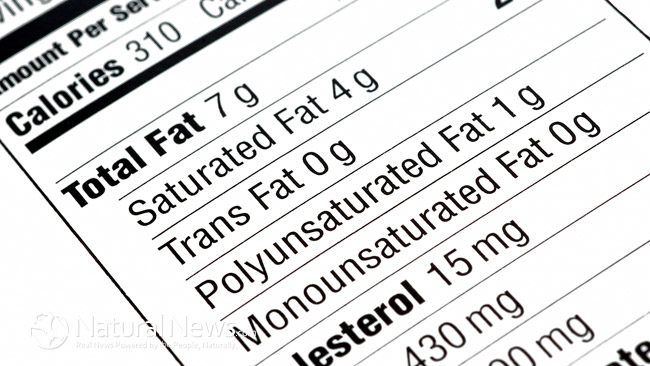by Gary Harvey
I love this subject.
You know why?
Because for too long we’ve relied on health officials — and they get things wrong. And many times they’re slow to admit it.
It’s time “we the people” were more informed about health matters and stopped relying blindly on what the doctor or some other presumed expert tells us. It’s time we took responsibility for our own health decisions.
And that’s what this article is inviting you to do. As well as that, I’m sharing some vital information that reverses the WRONG advice these health managers have been giving us for decades.
WHEN THE TROUBLE STARTED
This low-fat gospel started to become mainstream dogma back in 1977.
After that, a whole slew of health problems proliferated around the world, especially in the affluent West. These problems include “The Obesity Epidemic” and “The worldwide diabetes epidemic.” Yes, that’s exactly how the NIH website describes the plight we’re now in. (For our non-American readers, NIH is the US government’s National Institutes of Health).
Healthline.com has a stunning graph that shows that the obesity rate started to climb from 1977, and it hasn’t stopped yet.
One of the most important recent studies that upset the low-fat apple cart was reported in The Lancet, a prestigious British medical journal. The report said, “Diet is one of the most important modifiable risk factors for cardiovascular disease[…] and current guidelines recommend a low-fat diet.” This report on the Prospective Urban Rural Epidemiology (PURE) study goes on to recommend those guidelines be changed.
Yep, that low-fat diet was a big fat problem. It helped produce the present set of human health tragedies.
And it’s hard to knock this study. It assessed a decade of eating patterns by 135,335 people from 18 countries. They were looking for any connections between carbs and fats on the one hand and heart disease and death on the other.
CONCLUSIONS?
In plain language (mine!), they found:
Eat more fat – and live longer.
Eat more carbs – and die sooner.
Or as The Telegraph put it in the UK, “Low-fat diet could kill you.”
The study found that it doesn’t make any difference if it’s saturated fat or unsaturated fat. You need both, my friend… as well as fruit and veggies every day.
The British food guidelines are very clear about this. They say that processed foods that are labeled as low-fat, lite or low-cholesterol “should be avoided.”
One more reason: Low-fat food tends to taste bland, so manufacturers add sugar, HFCS (corn syrup), and salt to pep up the flavor so consumers will buy their stuff. All that salt and sugar is bad for you.
So… I’m done with low-fat yogurt, skim milk, low-fat cheese and the like because eating fat doesn’t make you fat. It may in fact save your life.
Just don’t go overboard. Your best choice is a balanced diet, with about one third of your energy coming from foods with healthy fat like meat and dairy. And make sure you eat around 4 serves per day of fruit and veggies (including legumes).
***
Question: Which fats are good? The unsaturated ones like vegetable oils (olive, sesame, sunflower, but NOT palm oil), nuts (almonds, cashews, peanuts, pecans, walnuts), seeds (flaxseed, sunflower, pumpkin, sesame), oily fish (salmon, herring, sardines, trout), and avocado. As well as those unsaturated fats, here are some healthy saturated fats: coconut products, carob, Brazil nuts, peanut butter.
Question: What about trans fat? Bad, even dangerous. So read the ingredients list on the back of the pack, not just the “no trans fats” advertising on the front. Labeling laws permit manufacturers to round down.
Question: What’s the difference between unsaturated fat and saturated fat? A simple yardstick that gets it right most of the time is that one type stays liquid at room temperature (the unsaturated fats, such as olive oil). The other type doesn’t. For example, beef and cheese.
Question: What about sausages, salamis and processed meats? No good. It’s all the additives. (Natural News).



